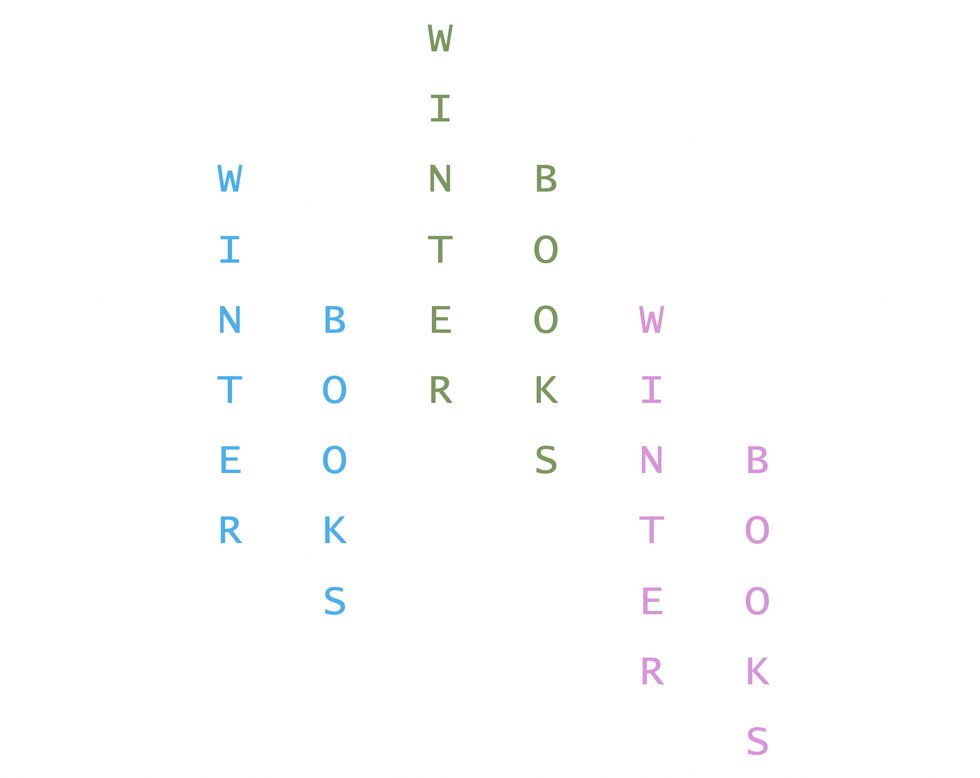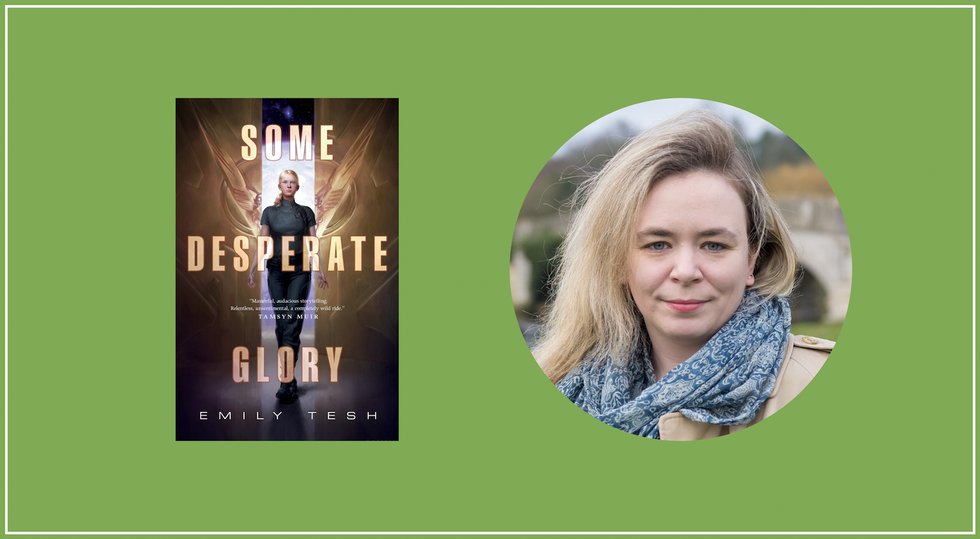Confessions of an accidental obituary writer.

When I took a job with a newspaper company a few years ago, I noticed an odd perk listed among the benefits. “You’ll get an employee discount on obituaries,” the hiring manager told me, as if this was a normal thing.
But as benefits go, this one seemed rigged. If I needed an obituary, would I be in a position to claim the discount?
I changed my tune a year later when my father died at 90. As anyone who’s been there knows, the tab on a newspaper obituary—give or take a few grandchildren’s names—can be steep. I submitted his newspaper tribute and checked the box on the discount. The next morning, the obit editor called to confirm a few details. “Fire away,” I told her.
“Okay, first,” she said, “are his parents living?”
“He was 90?” I reminded her.
“Right,” she said, unfazed. “So that’s a no?”
I shared this story with my cousin and, faster than you can say in lieu of flowers, I was elected the family obit czar. Over the next year, as my uncles passed on, I’d walk into the newsroom to deliver the obituary by hand, then hover over the page designer’s shoulder to make sure he cropped the photo just so.
Like snapshots, obituaries celebrate life. The best ones paint a portrait using a few well-placed brushstrokes. A quote from the departed can make them sing.
One of my uncles was born just before Christmas during the Great Depression. As a child, this unlucky timing left him short on gifts. “I’d get the shoes for my birthday and the laces for Christmas,” he once told me. I tucked this line into his obituary so his wry humor would live on.
When his brother died a few months later, we discovered he’d belonged to a secret society at the University of Virginia, news he’d taken to his grave. I downloaded the club’s symbol, a 7, to place below the photo and felt honored to share the greatest story my uncle never told.
Soon, I was getting obituary calls from friends:
“Could you write one for my mom?” one asked.
“Can you read what we’ve got for my father?” another wanted to know.
“You know why I’m calling,” a third said simply. I did.
A warm casserole, it’s not. But whipping up comfort food on short notice has never been my strength. Instead, I opened my laptop to paint portraits of the people my friends had loved and lost. I’d never planned on becoming an underground obituary writer. Instead, the job chose me.
I started a collection. The best ones illuminate lives I never knew. My favorite captures U.S. Navy engineer Raye Montague who “revolutionized the way the Navy designed ships and submarines using a computer program she developed in the early 1970s,” according to her 2018 New York Times obituary. “At the height of her career,” the paper noted, “she was briefing the joint chiefs of staff every month.”
Montague’s story came to light after the publication of Hidden Figures, Margot Lee Shetterly’s 2016 book-turned-movie about the Hampton women who ran calculations for NASA’s early space missions. Before her death, the Navy honored Montague as its own “Hidden Figure.”
When clients started asking for help, I found myself running an obit cottage industry. “You’re smart to think ahead,” I told an estate planner who’d commissioned one for her very-much-alive mother. “When the time comes, your phone blows up; you don’t have a moment to think.”
By then I’d figured out some pointers: “Pick three words to describe your mother,” I told her. For my father, I’d written: “His life was defined by integrity, faith, and perseverance.” The last word suited. My father had been dismissed from hospice for failing to stick with the game plan.
For some people, obituaries offer the chance to crack one last joke. “It pains me to admit it, but apparently, I have passed away,” Emily Phillips announced in her 2015 do-it-yourself version. Still, I wonder if William Ziegler was consulted before his family asserted that he’d timed his death, “to avoid having to make a decision in the pending presidential election.”
I am no longer eligible for a discounted obit. And I’ve never sat down to write my own. So like most of us, I can only trust that, when the time comes, someone might string a few words together on my behalf. If not, it may pain me to admit it but, apparently, I’ll be in the company of my father, uncles, Emily, William, and Raye.
And that sounds like mighty fine company to me.
This article originally appeared in the October 2022 issue.








